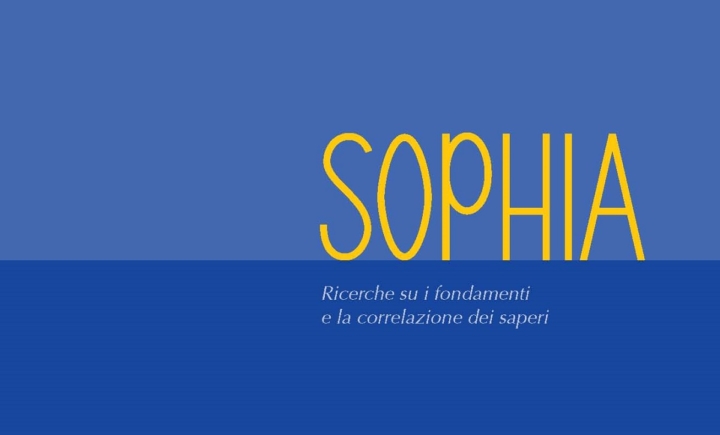“Essere-nell’altro”. Pericoresi trinitaria e teoria delle sfere di Peter Sloterdijk

Per visualizzare l’articolo scaricare pdf del fascicolo 2019/1
Nella sua opera Sfere, Peter Sloterdijk riprende la domanda della filosofia esistenziale: «Dove siamo quando diciamo che ci troviamo nel mondo?» E lui risponde che noi ci troviamo, o meglio, "siamo" in bolle, ambiti in cui l’uomo si costruisce, si protegge e cambia. La vita umana si auto-organizza sempre creando spazi protetti. Vivere è creare sfere, spazi di relazione, climi e atmosfere. L’esperienza dello spazio è l’esperienza primaria dell’esistenza. La sfera non è uno spazio neutrale, ma uno animato e vissuto, il ricettacolo in cui siamo immersi. Non c’è vita senza sfere. Lo spazio è l’esperienza primaria dell’esistere. Essere significa “in-essere”, inteso come “coesistenza di qualcosa con qualcosa in qualcosa”. Sloterdijk proporre la questione del “in-essere” a partire dal dogma trinitario e dalla riflessione teologica nei tempi dei padri cappadoci fino al Medioevo.
